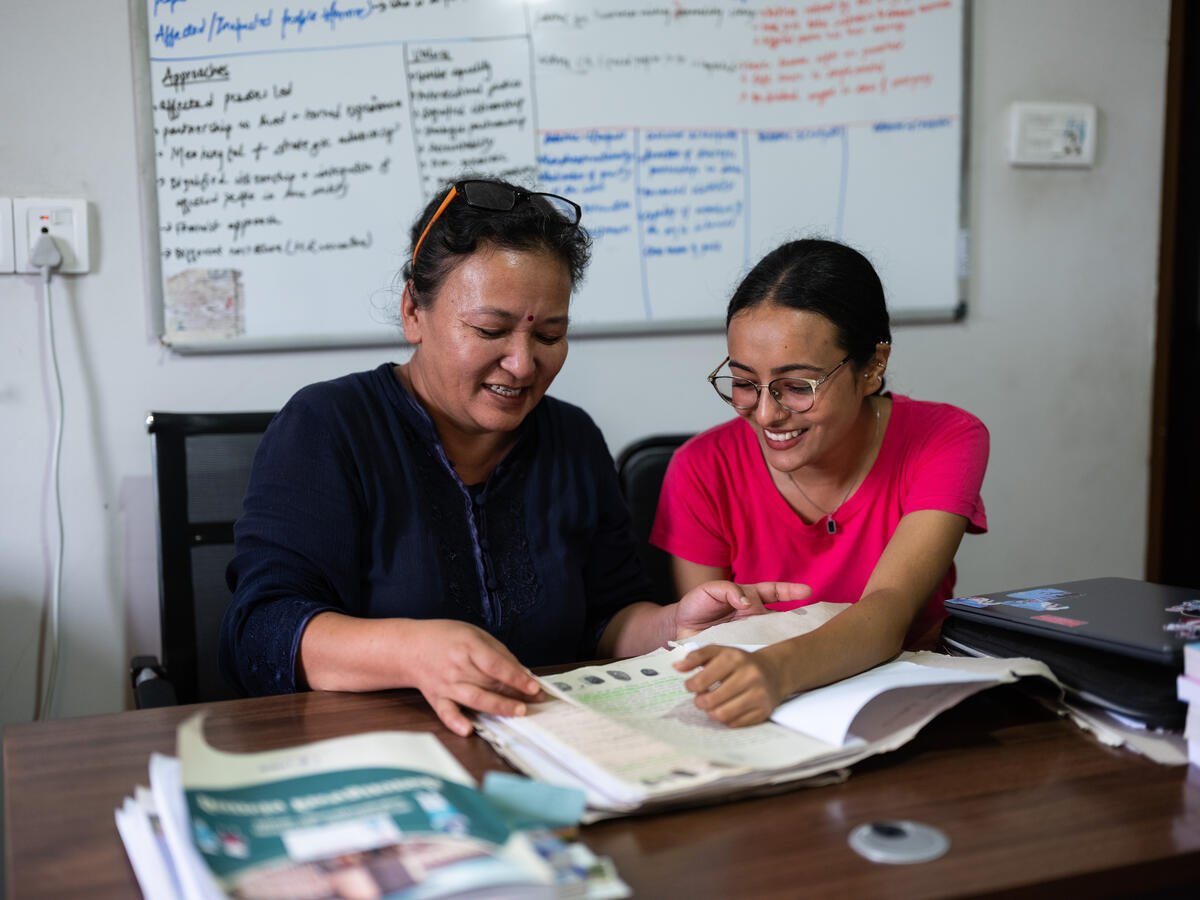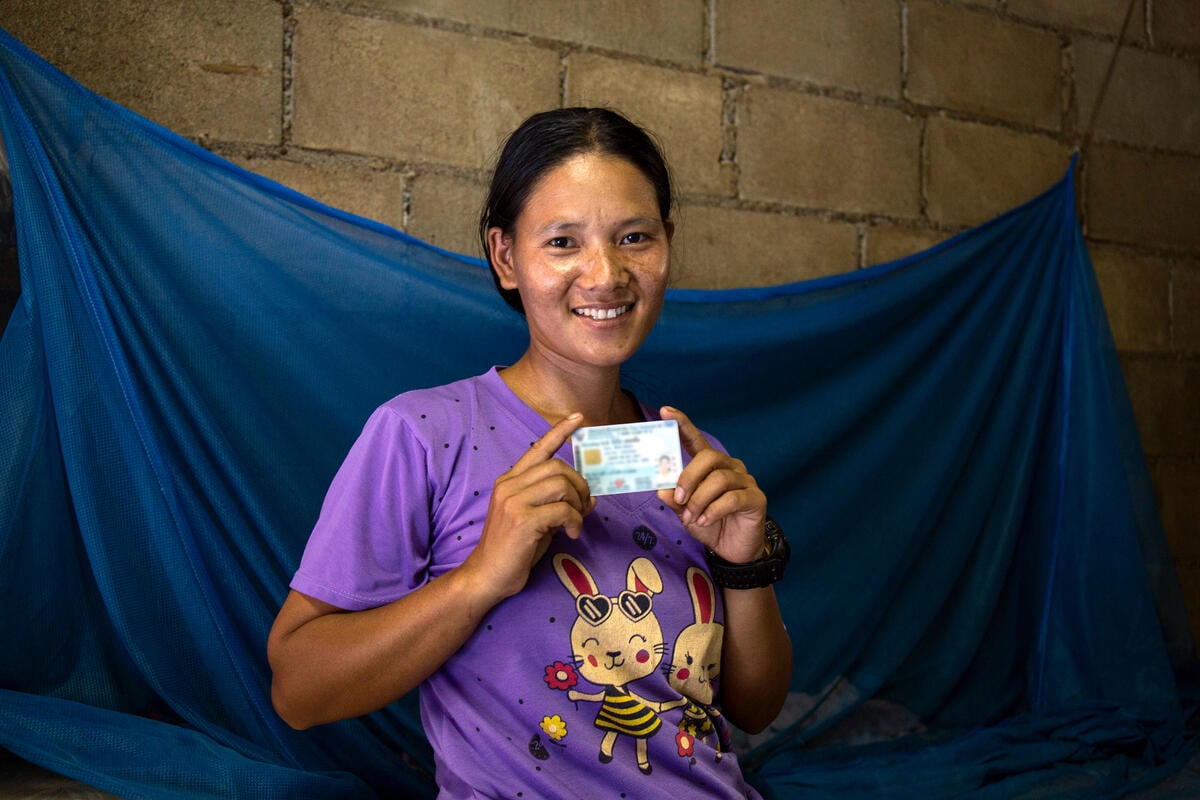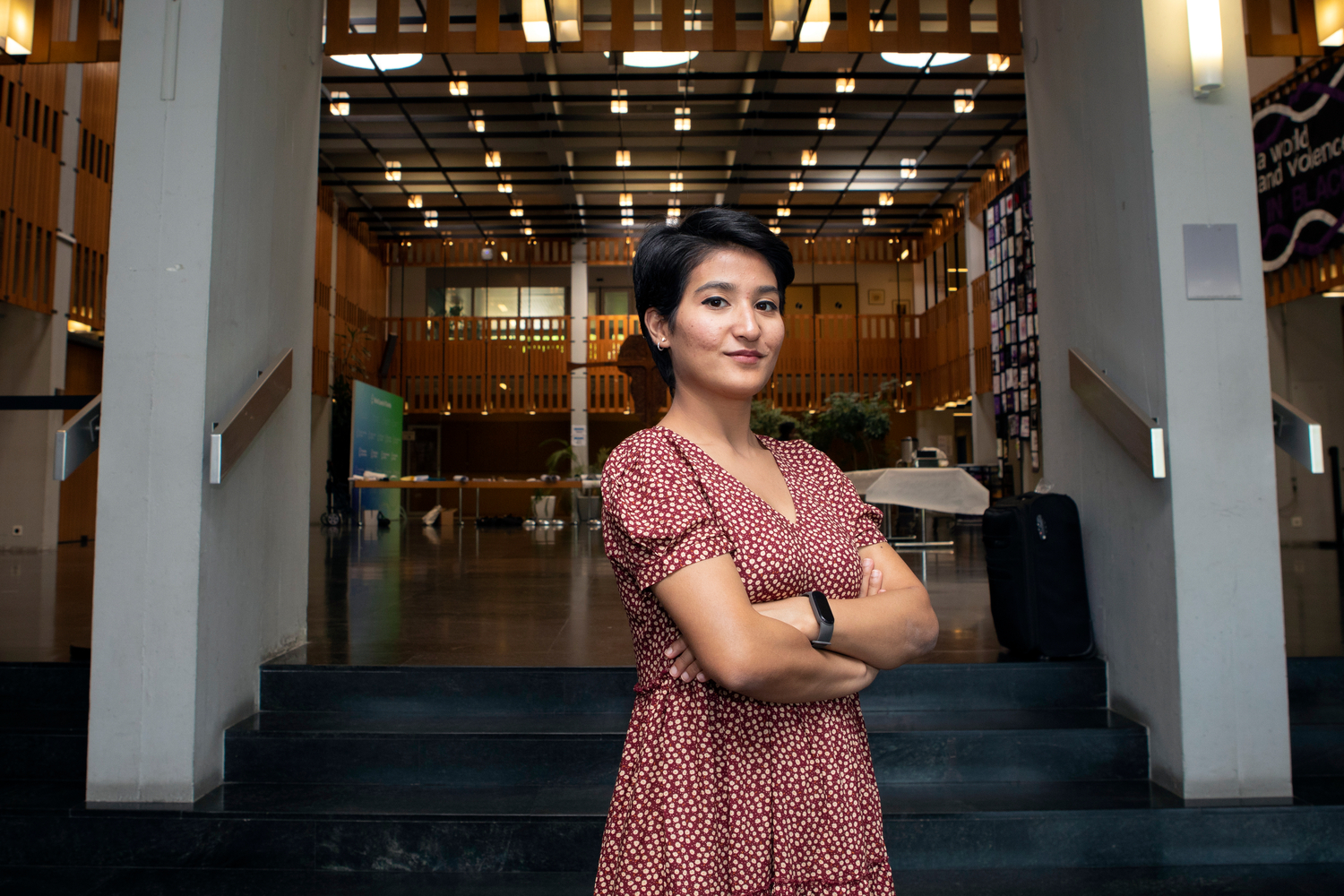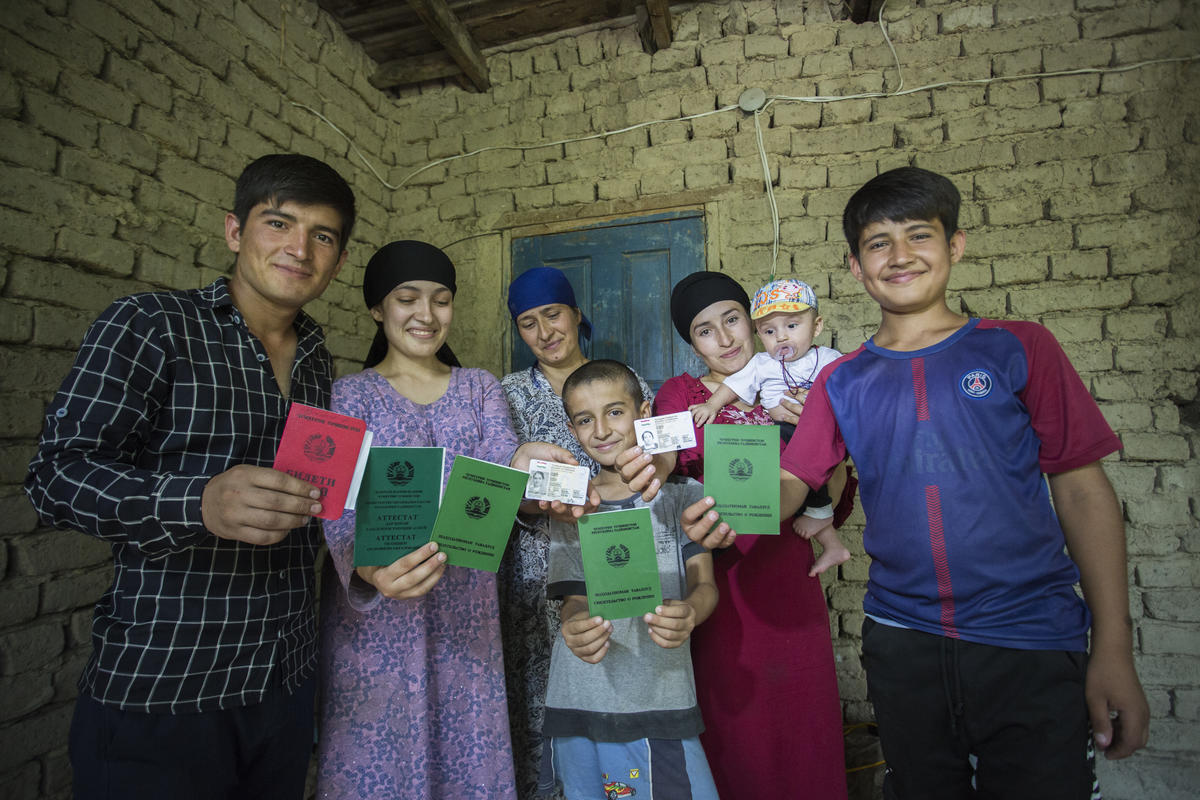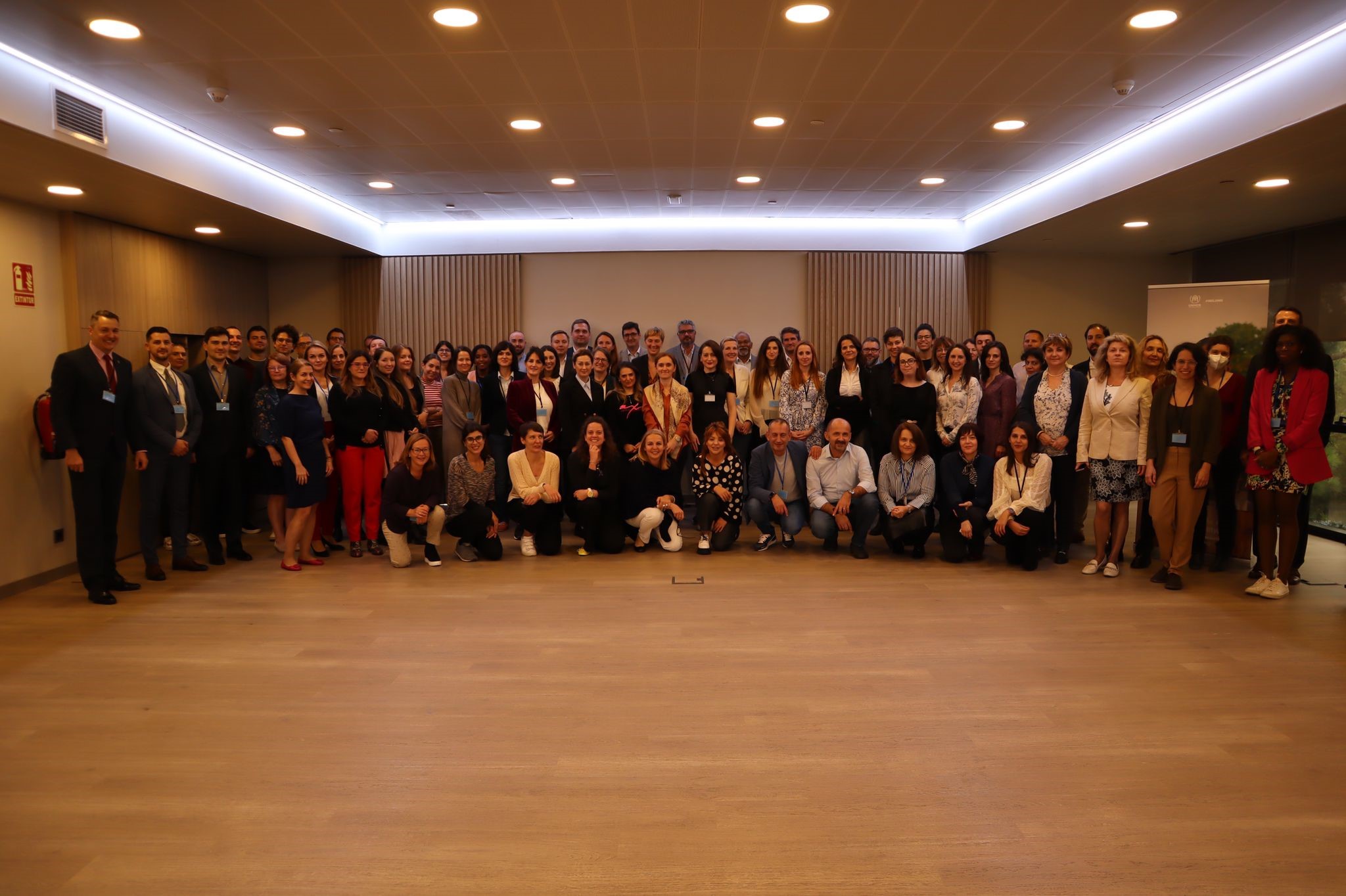New Global Alliance launched for joint action to end statelessness
New Global Alliance launched for joint action to end statelessness
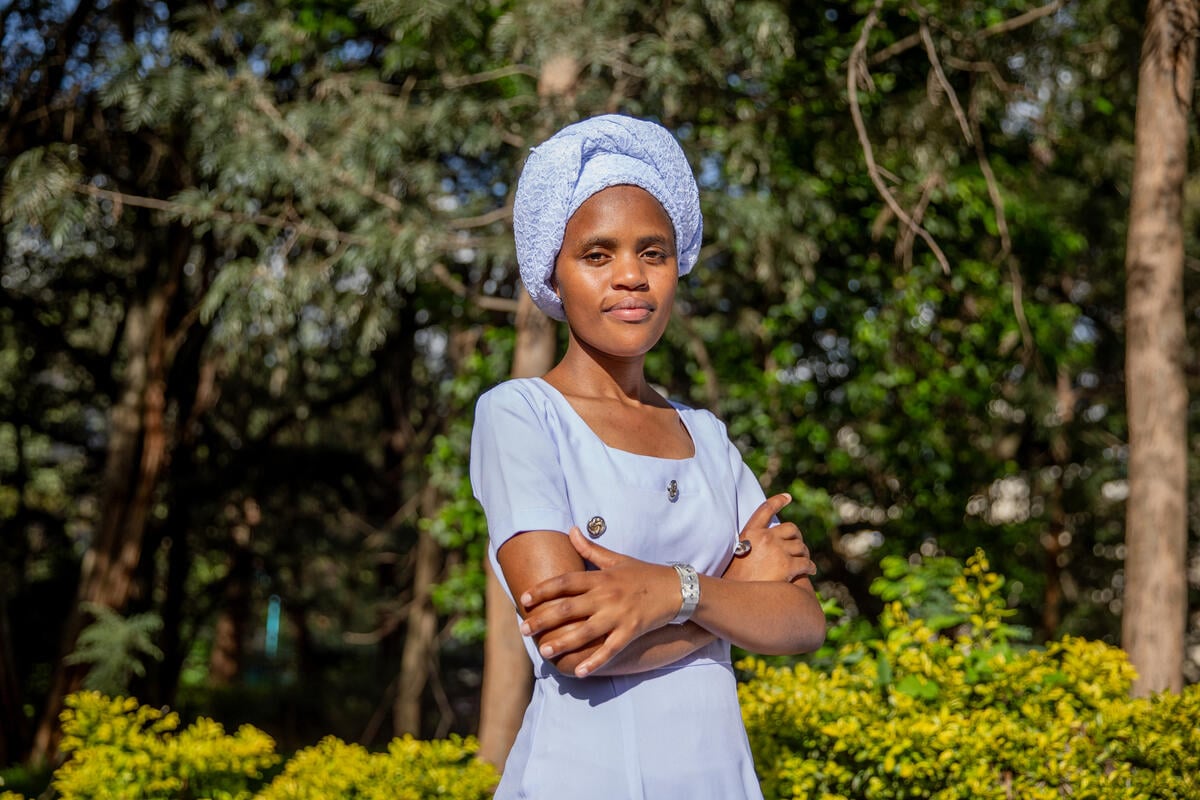
Nosizi Dube, a formerly stateless member of Kenya's Shona community, in the capital Nariobi.
The Global Alliance was launched on the first day of the annual Executive Committee meeting of UNHCR, the UN Refugee Agency, in Geneva. It will build on the successes of the decade-long #IBelong campaign, which has made important progress towards ending statelessness since 2014, including more than a half a million people worldwide acquiring citizenship.
While the #IBelong campaign was a UNHCR-led effort to raise awareness and catalyze action, the Global Alliance represents a concerted shift toward multistakeholder collaboration. UNHCR will play a key role and host the Global Alliance’s Secretariat, and efforts will be led by a 15-member Advisory Committee. This new initiative seeks to accelerate action on pledges to resolve statelessness, including those made during the two Global Refugee Fora.
“It is my great honour to officially launch the Global Alliance to End Statelessness. This is an effort to bring together a broader coalition of governments, civil society, international organizations, academia and those that have been affected by statelessness,” Grandi said. “It will be a place to exchange best practices, to try to identify and develop solutions and to advocate collectively for this cause.”
Freedom of citizenship
Statelessness advocate Nosizi Dube addressed the meeting of more than 100 government delegations and around 50 intergovernmental organizations and civil society representatives, telling her story of achieving legal identity and citizenship.
“Education is part of my soul,” the 24-year-old said, but as a member of Kenya’s stateless Shona community, Dube’s life had been marred by obstacles caused by her lack of legal identity.
In 2020, Dube was offered a place at the University of Nairobi to study economics, but without a birth certificate or national identity card, she said, “I had no idea how I would get into university and start my studies.” UNHCR and partners helped convince the university to accept Dube despite her lack of legal citizenship.
In 2021, the Government of Kenya granted citizenship to 1,659 Shona people, ending more than half a century of statelessness. The historic move has had a profound positive impact on the Shona community: children now have birth certificates, enabling them to attend school, access government bursaries, medical services and health insurance.
For Dube, the advocacy paid off in a very specific way, as she stood in the university graduation square earlier this year, in a black gown and mortarboard cap, proudly holding her degree certificate.
“Today is a very special day for me. It marks an end to the struggles I faced and unlocks more opportunities for me,” she said at the time. She now plans to study for a master’s degree before turning her efforts to working for economic empowerment of stateless people.
Breaking the ‘chains of statelessness’
In Geneva, Dube addressed delegates clutching her first passport. “It is not just a passport, this is a life-saving document,” she said. “It means I have the power and the freedom to live up to my potential. It gives me the feeling of being included in society, of being visible. For me, this is life.”
Winning citizenship alongside other Shona people meant, “I felt the chains of statelessness had been broken,” Dube said.

Nosizi Dube holds her new Kenyan passport as she speaks at the launch of the Global Alliance to End Statelessness in Geneva, Switzerland.
Over the decade of the #IBelong campaign, significant strides have been made globally. More than half a million people have received a nationality, with many countries stepping up efforts to end statelessness. Since 2010, there have been 77 new accessions to international conventions to protect stateless people, and 22 states have launched national plans to eliminate statelessness. Kyrgyzstan became the first country to resolve all known cases of statelessness, followed recently by Turkmenistan, while other countries including Kenya, Sierra Leone, Madagascar and Liberia have made key advances.
As the #IBelong campaign wraps up, the Global Alliance to End Statelessness is building on its foundations. “Statelessness affects the very daily gestures of our lives. It has a very real impact on people’s lives,” said Grandi.
“There is still a lot more to do. There are many, many situations of statelessness that are painful, but perhaps none more painful than that of hundreds of thousands of Rohingyas,” Grandi said, calling the situation of the minority group “a constant reminder that we need to do more to address this issue in a collaborative manner.”
For Dube, having secured citizenship and looking ahead to a brighter future, she shared her dream of an end to statelessness everywhere. “If you are talking about an inclusive world and sustainable development, it will never happen if there are still people who are stateless,” she said. “We need to break this cycle. It is a solvable thing [but] it requires collective effort.”
Additional reporting by Charity Nzomo in Nairobi, Kenya


